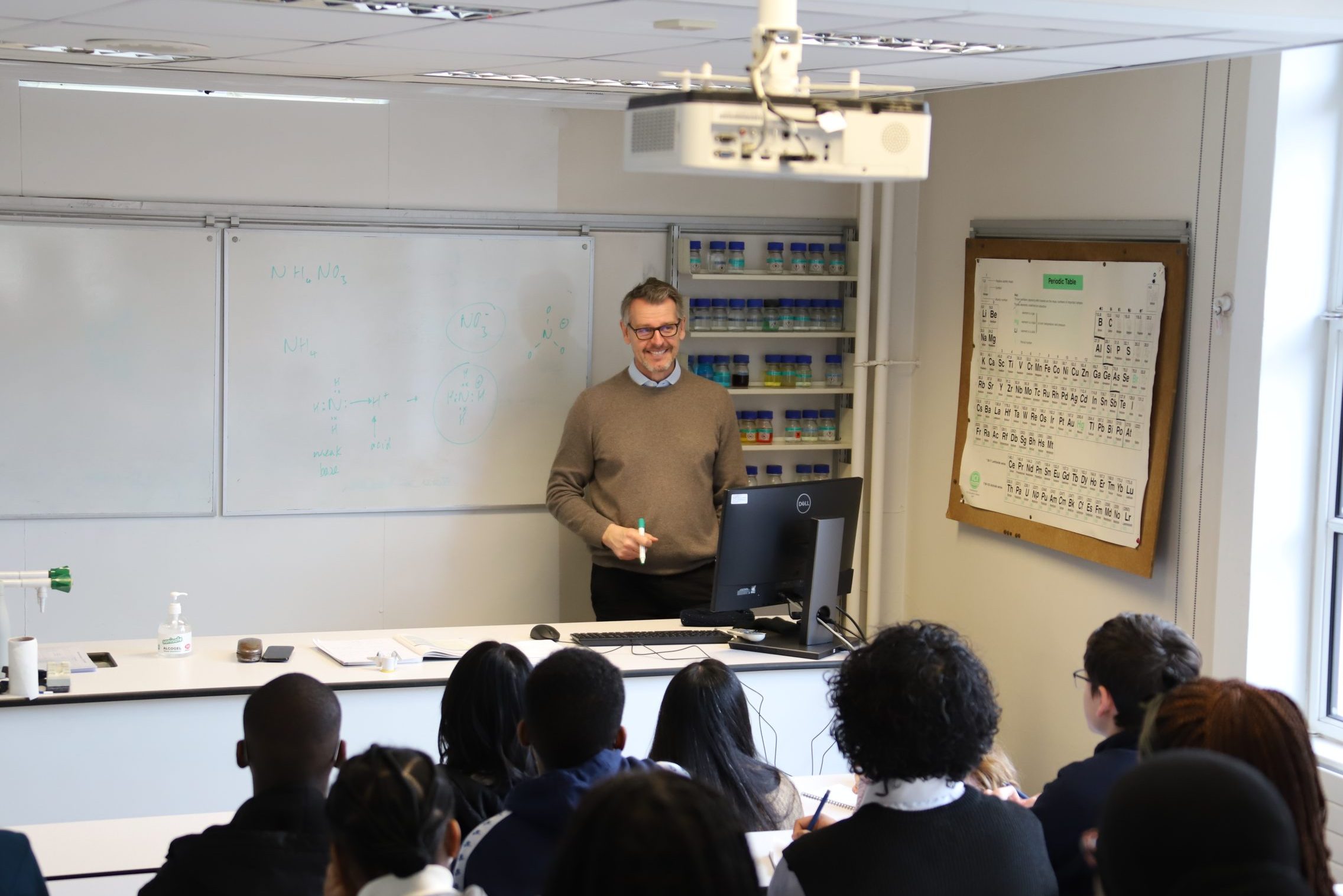The Platform+ curriculum
The curriculum focuses on the academic development of students in either STEM or Liberal Arts subjects.
- In the STEM option, participants will be able to study stretching and challenging material in Biology, Chemistry, Physics, Computer Science and Electronics. This option offers some practical work and opportunities to use equipment that is not usually available to GCSE students in the School’s state-of-the-art science block. You can view the sample curriculum here, with examples of the subjects studied in each of the ten sessions.
- In the Liberal Arts pathway, pupils will study topics through the lens of a range of humanities subjects (English Literature, History, MFL, Religious Studies, History of Art, Classics). We encourage pupils to consider and explore the links between these subjects and engage critically in the modes of study that these subjects offer. No prior study of Classics or History of Art will be required, but we anticipate that all students will be studying the full complement of five EBacc subjects. You can view the sample curriculum here, with examples of the subjects studied in each of the ten sessions.
Also, each year in July, the programme hosts a Summer School, to encourage pupils to really think about their A Level choices and future degree options, as well as providing them with useful insights into the graduate market and what skills will be expected by future employers. Often the School invites prominent speakers to talk to the groups about their career journeys.
The resources we provide
We give all Platform Plus pupils a Platform T-shirt and stationery set when they join the programme. We also give them a Maths workbook and a handful of books, which are returned at the end of the course. All Platform pupils have access to the full online Atom Learning package, at no cost to the pupil or family. They also have a dedicated, personal Platform email address, which gives them access to classroom resources and the full range of Microsoft products that they may wish to use, such as Word and PowerPoint, and allows them to access any sessions via Zoom.
Platform+ pupils can also attend the School’s Horizon’s Lectures, at which they are exposed to university-level research and learning, to help them access a global network of academics across all disciplines.
After Platform
In addition to providing a space in which pupils can further develop their learning, during the course of the year we also offer advice to pupils and their families about the next steps in their education, and the educational opportunities available to them at A Level.
At the end of the programme, in Year 11, boys and girls often choose to sit entrance examinations for selective state schools, academies or independent schools, where full bursary provision is available. Platform+ pupils have the opportunity to apply to Westminster School for entry into the Sixth Form at 16+, and are supported through this process. We would expect that all pupils participating in the Platform programme would come from households which qualify for a full bursary. Find out more about scholarships and bursaries at Westminster School.
Graduating Platform+ pupils receive the Westminster Commendation, as formal recognition of their commitment, engagement and learning skills
Dates and times
The programme runs at Westminster School on ten Saturdays, from 9.00am to 1.00pm, from January to November, at regular intervals during term time. Also, each year in July, the programme hosts a two-day Summer School. For this year’s dates, please refer to the Dates and Times page.
How to enrol
The School recruits a year ahead of the programme. Please see further information about how to enrol and when our new recruitment window opens.
Privacy
For information about privacy, please refer to our Privacy Notice.
Safeguarding
The welfare and safeguarding of Platform pupils is of paramount importance. All staff involved in Platform have received the appropriate level of training from Westminster School and Westminster Under School. Platform Safeguarding will follow the safeguarding procedures outlined in the Westminster School Safeguarding Policy, which may be downloaded from the Policies and Reports page of the Westminster School website.
Contact
Please email Solly Hardwick (Director of Platform and Widening Access) if you have any questions or you require further information.

